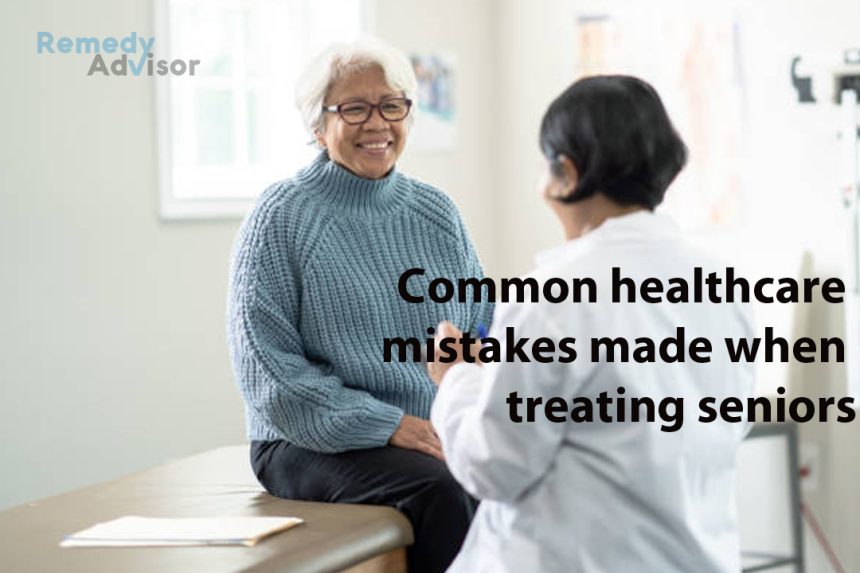The older you are, the more likely you are to have health problems that require first-rate medical care. As many seniors have learned, however, it can be hard to find a doctor suited to care for their special needs.
How can older people be sure to get good medical care? We put that question to Dr. Robert Butler, a well-known crusader for elder rights. He explained how important it is to watch out for the common mistakes doctors make when treating elderly patients
Mistake: Failing to appreciate the physical changes that come with age.
Most doctors now practicing know little about the aging body and its ills.
When we launched the geriatrics program at Mount Sinai in 1982, it was the nation’s first.
A disease that causes one set of symptoms in a young person may manifest itself quite differently in an older person. Not all doctors realize that. And an unwary doctor can easily miss the diagnosis.
Example I: If a 30-year-old man suffers a heart attack, he is likely to experience severe chest pain. But chest pain is present in less than 20% of older heart attack victims. Instead, older victims may simply seem weak or confused.
Example II: An older person suffering from an overactive thyroid may exhibit apathy instead of hyperactivity, the classic symptom.
Mistake: Urging older people to “take it easy.”
This is awful advice. Even if you’ve been disabled by a stroke or another medical problem, leading an active lifestyle helps keep you healthy and happy.
Researchers at Tufts University have shown that even people in their 80s and 90s can develop big, powerful muscles with a program of weight lifting. Such a program can literally put a bedridden patient back on his/her feet.
Mistake: Being too quick to blame health problems on old age
Doctors often assume that health problems are inevitable in the elderly, exhibiting a defeatist “What can you expect at your age?” attitude.
They order fewer diagnostic tests and generally treat disease less aggressively in old people than in young people.
Example: An elderly woman seems confused and disoriented. Assuming that she has Alzheimer’s disease, her doctor neglects to order tests that might show the real culprit to be an easily correctable drug reaction.
Mistake: Not giving the patient enough time
A good physician will take the time to ask about your work status and lifestyle as well as your medical problems and, in general, make you feel taken care of.
At each office visit, the doctor should ask about the symptoms you have reported in the past. He should also review your response to medications and ask about new problems.
If you have a hearing problem, don’t be afraid to ask your doctor to speak up.
Your first visit to a new doctor should be devoted to taking a thorough medical history, and conducting a physical exam and lab tests. This can take more than an hour.
Once this comprehensive exam is completed, you won’t need another exam for a year unless there’s a health crisis.
Mistake: Failing to advocate preventive measures.
Some doctors seem to think, “Why bother trying to lower an elderly patient’s cholesterol level. He’s just going to decline anyway.” In fact, we now know that heart patients of any age can benefit from a program of dietary modification, lifestyle change and if necessary drugs or surgery.
Mistake: Giving inappropriate prescriptions
Doctors are too quick to order tranquilizers and antidepressants for their older patients, thinking incorrectly that psychotherapy is of no use. And they often fail to realize that older bodies respond differently to drugs.
Example I: It can take an elderly person twice as long to “clear” diazepam (Valium) from his body as a young person. A dose appropriate for a young person could make an older person drowsy.
Example II: Older people often must take several different drugs at the same time. If the doctor fails to consider all the drugs, dangerous interactions could result. If you’re not sure your doctor knows all the drugs you’re taking, put all your medications (including nonprescription drugs) in a paper bag and bring them to your next office visit.







